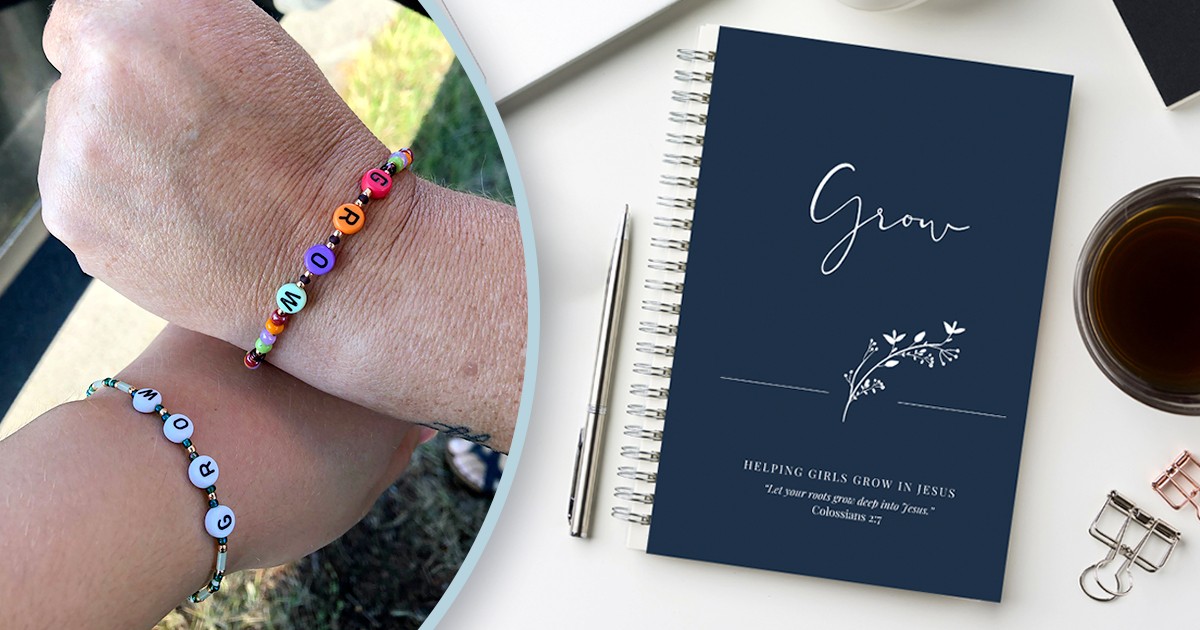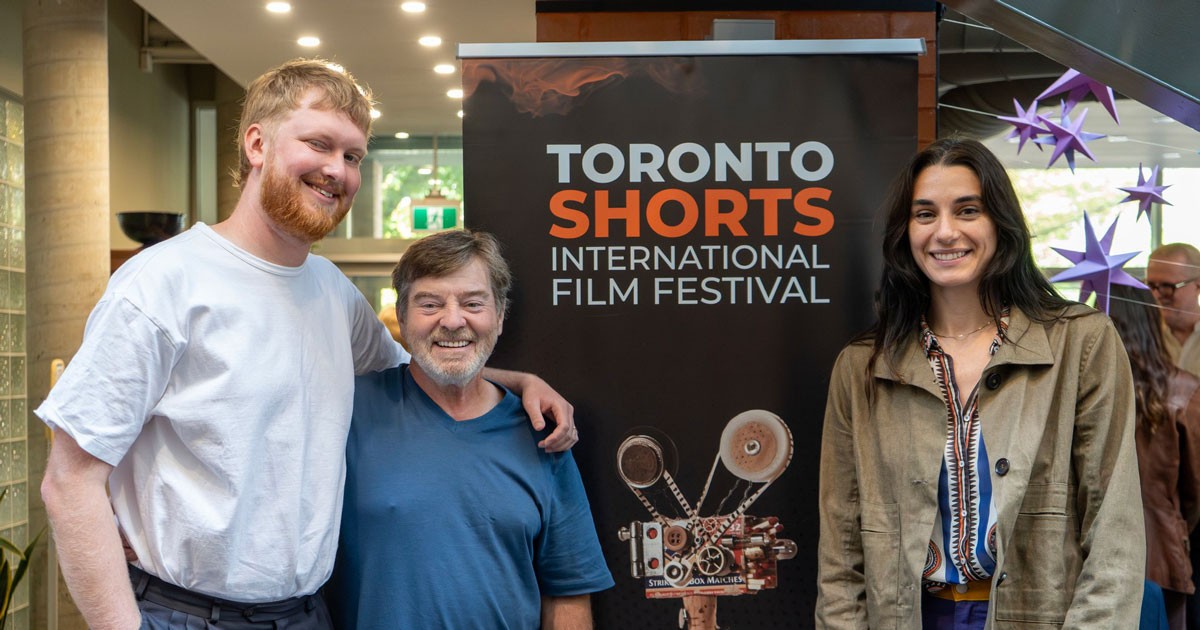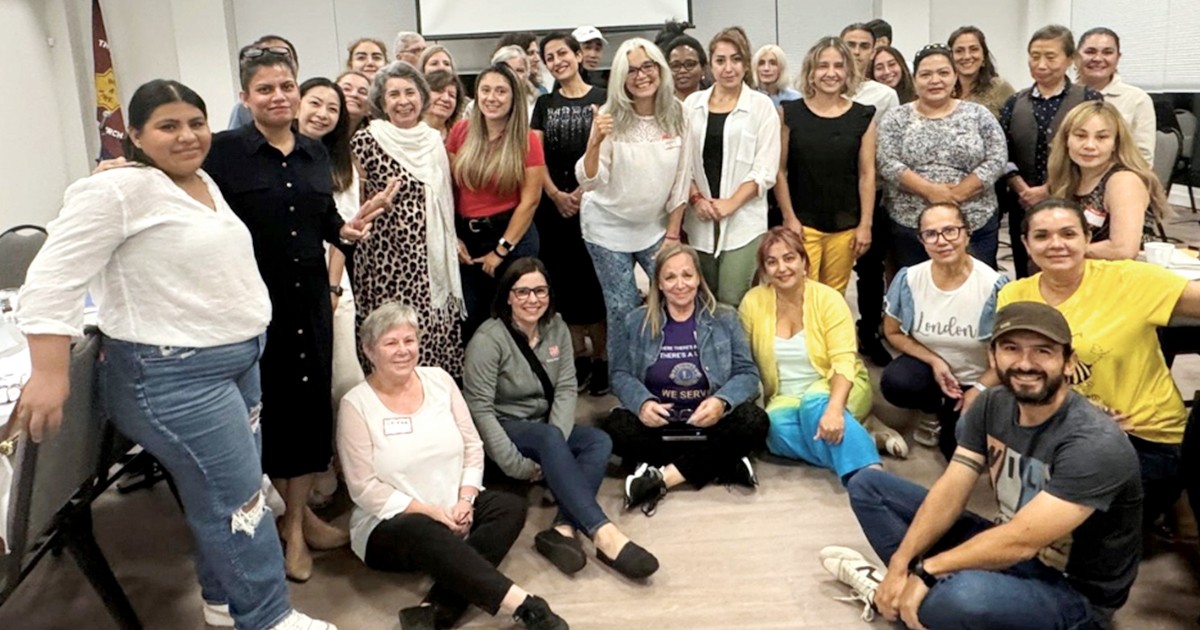In Canada, the demand for organ transplantation far outpaces the number of donations, whether the donor is living or deceased. In 2016, more than 4,500 Canadians were on the waiting list, but only 2,835 received transplants, 544 of which were from living donors.
These numbers have led to calls for systemic change when it comes to organ donation after death. Currently, Canada’s donation system is based on explicit consent, commonly called an “opt-in” system. In Manitoba, for instance, individuals indicate donor consent by signing up through an online registry.
The alternative is the “opt-out” system. To opt out, a person must make an explicit statement of refusal. Otherwise, their consent to donate is presumed. Countries that have adopted this system report higher numbers of organ transplants. A 2018 report from the House of Commons Standing Committee on Health recommended that the federal government consider an opt-out organ donation system.
There’s nothing wrong with wanting to meet the needs of as many people as possible, but the opt-out system raises ethical questions to which Christians should pay attention.
Let’s begin with a practical challenge present in both opt-in and opt-out systems. When a person dies, their next of kin is responsible for issuing consent on behalf of their loved one. If I want my organs donated after death, I need to inform my family and trust that they will follow through. For nations with opt-out systems, the high donation levels are due not only to presumed consent, but also to public campaigns that encourage people to talk to their loved ones about final wishes.
As followers of Christ, we have reason to engage in these conversations, and to keep certain ideas prominent when we do. First, it’s a miracle that we can heal others with our own bodies. I have a friend who is a living donor. Throughout the lengthy process of determining eligibility and compatibility, she kept her body in excellent condition, ensuring her family was able to care for her in recovery. Her readiness and enthusiasm to give are reasons I look up to her. I respect her decision because she wasn’t giving in to someone else’s expectations; she considered the idea, took account of her resources and made the decision out of a generous spirit.
At the same time, I believe Christians are called to pair this generous spirit with the understanding that our bodies are not just containers for our souls. I need my body to think, to pray, to hug my children, to make eye contact with the stranger asking for change. Throughout my life, my body means something to me and others.
Bodies matter even after death. The Christian view of what lives on is not disembodied souls, but immortal souls in resurrected, transformed bodies. If bodies matter to God, they must matter to us, too. Consider how we treat human remains. We care for them, as Jesus’ body was cared for by those who loved him. Whether scattered somewhere meaningful or kept in a place of remembrance, we continue to honour human remains because they were once part of a person.
Organ donation doesn’t prevent honouring remains. But because our bodies matter, organs shouldn’t be deemed public property, spare parts to be claimed by the living. Among my concerns about legislating an opt-out system is that it will lead us to believe that a living person has the right to receive the organs of the dead.
So, what’s the alternative?
The earliest Christians chose to give of themselves until no one among them was in need. This arrangement was not imposed or presumed. It was a decision freely made by people who were inspired by God’s Spirit. I have a feeling they must have had a conversation or two about how to best go about meeting needs.
Conversations about important matters can be difficult, but comfort levels increase only with practice. With an aging population and new possibilities for healing the bodies of others with our own, we need to make talking about the choices that come with death more important and more routine.
As we consider together what it means to honour God, ourselves and others through our bodies, let’s ask if we are the kind of people who choose to be generous and know the value of the body. And let’s make sure we give for the right reasons.
Dr. Aimee Patterson is a Christian ethics consultant at The Salvation Army Ethics Centre in Winnipeg.
Ethically Speaking is a series by The Salvation Army’s social issues committee.
Photo: © simarik/iStock.com
These numbers have led to calls for systemic change when it comes to organ donation after death. Currently, Canada’s donation system is based on explicit consent, commonly called an “opt-in” system. In Manitoba, for instance, individuals indicate donor consent by signing up through an online registry.
The alternative is the “opt-out” system. To opt out, a person must make an explicit statement of refusal. Otherwise, their consent to donate is presumed. Countries that have adopted this system report higher numbers of organ transplants. A 2018 report from the House of Commons Standing Committee on Health recommended that the federal government consider an opt-out organ donation system.
There’s nothing wrong with wanting to meet the needs of as many people as possible, but the opt-out system raises ethical questions to which Christians should pay attention.
Let’s begin with a practical challenge present in both opt-in and opt-out systems. When a person dies, their next of kin is responsible for issuing consent on behalf of their loved one. If I want my organs donated after death, I need to inform my family and trust that they will follow through. For nations with opt-out systems, the high donation levels are due not only to presumed consent, but also to public campaigns that encourage people to talk to their loved ones about final wishes.
As followers of Christ, we have reason to engage in these conversations, and to keep certain ideas prominent when we do. First, it’s a miracle that we can heal others with our own bodies. I have a friend who is a living donor. Throughout the lengthy process of determining eligibility and compatibility, she kept her body in excellent condition, ensuring her family was able to care for her in recovery. Her readiness and enthusiasm to give are reasons I look up to her. I respect her decision because she wasn’t giving in to someone else’s expectations; she considered the idea, took account of her resources and made the decision out of a generous spirit.
At the same time, I believe Christians are called to pair this generous spirit with the understanding that our bodies are not just containers for our souls. I need my body to think, to pray, to hug my children, to make eye contact with the stranger asking for change. Throughout my life, my body means something to me and others.
Bodies matter even after death. The Christian view of what lives on is not disembodied souls, but immortal souls in resurrected, transformed bodies. If bodies matter to God, they must matter to us, too. Consider how we treat human remains. We care for them, as Jesus’ body was cared for by those who loved him. Whether scattered somewhere meaningful or kept in a place of remembrance, we continue to honour human remains because they were once part of a person.
Organ donation doesn’t prevent honouring remains. But because our bodies matter, organs shouldn’t be deemed public property, spare parts to be claimed by the living. Among my concerns about legislating an opt-out system is that it will lead us to believe that a living person has the right to receive the organs of the dead.
So, what’s the alternative?
The earliest Christians chose to give of themselves until no one among them was in need. This arrangement was not imposed or presumed. It was a decision freely made by people who were inspired by God’s Spirit. I have a feeling they must have had a conversation or two about how to best go about meeting needs.
Conversations about important matters can be difficult, but comfort levels increase only with practice. With an aging population and new possibilities for healing the bodies of others with our own, we need to make talking about the choices that come with death more important and more routine.
As we consider together what it means to honour God, ourselves and others through our bodies, let’s ask if we are the kind of people who choose to be generous and know the value of the body. And let’s make sure we give for the right reasons.
Dr. Aimee Patterson is a Christian ethics consultant at The Salvation Army Ethics Centre in Winnipeg.
Ethically Speaking is a series by The Salvation Army’s social issues committee.
Photo: © simarik/iStock.com










Leave a Comment